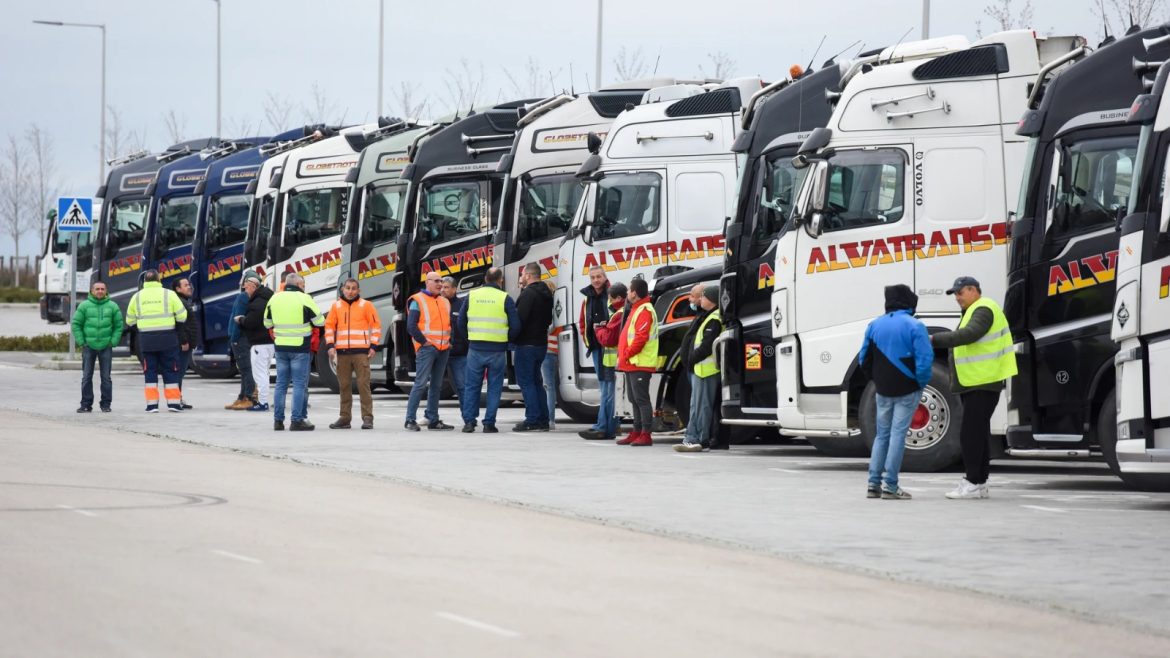In recent years, carriers in Spain have faced a significant increase in their tax obligations. In addition to the already well-known tax land, such as the VAT and taxes associated with the fuel, have added new requirements that, according to denounce many professionals of the sector, hampering its economic viability. This increase has generated an intense debate over whether these measures are fair or, on the contrary, they are a burden to a key sector in the logistics chain in the country.
Specialists in economy and transport indicate that the rise in taxes could have a counterproductive effect. While the government argues that these resources are necessary to maintain infrastructure and services, many analysts warn that the fiscal pressure too much could lead to the failure of small businesses to carriers, reduce competitiveness and increasing the cost of transportation, which ultimately affect consumers. To what extent is sustainable this situation?
Carriers, for their part, have expressed their discontent through protests and strikes, demanding a revision of fiscal policies. They argue that, far from balancing the public accounts, these taxes are forced to work more hours or take on greater financial risks to keep their businesses afloat. ‘It is increasingly difficult to get to the end of the month,’ said some, pointing out that profit margins have been reduced drastically due to the fixed costs.
Some voices within the sector suggest alternatives, such as the implementation of temporary subsidies or tax exemptions for the self-employed and smes of the transport. They also propose a control progressive, where those who are less earning not support the same load as the big companies. Another recurring theme is the reduction of the tax on hydrocarbons, one of the most significant for the truck drivers.
Meanwhile, the government insists that taxes are needed to modernize the roads and to promote an ecological transition in the sector. However, the carriers are calling for more dialogue and practical solutions that do not sacrifice your livelihood. Is it possible to find a balance between the needs of the state and the survival of this craft?
Several economists and logistics experts have analyzed the impact of taxes in the transport sector in Spain, and their positions vary between concern for choking prosecutor and the defence of the need to fund infrastructure.
Juan Carlos Martínez Lázaro, an economist and professor at the IE Business School, has pointed out that the increase of taxes in the ground transportation can generate a domino effect on the prices of basic commodities. ‘If the transportation costs rise by fiscal pressures, companies will need to move this increase to consumers, which could fuel inflation in key sectors such as food or fuel,’ he explains.
For its part, María José Rallo, exsecretaria-general for Transport and current consultant, mobility policies, acknowledges that the industry has a need for a fiscal reform that is more balanced. ‘The carriers are self-employed and smes are the most affected because they have no margin to absorb more taxes. Would have to study the temporary exemptions or allowances to prevent businesses essential to the economy.’
Antonio García Sánchez, a researcher at the Observatory of Transport and Logistics in Spain (OTLE), warns that the rise in taxes could accelerate the market concentration in the hands of large companies. ‘The small carriers can’t compete if every year you have to pay more taxes without that improve your income. This can lead to a monopolization of the sector, reducing competition and harming the consumer.’
Meanwhile, José Luis Ábalos, a former minister of Transport, he argues that taxes are necessary to maintain and improve the infrastructure, although he admits that ‘there must be a balance so as not to strangle the professionals of the sector’.
The future of road transport in Spain seems to depend on a fiscal reform that takes into account the reality of the sector. Without measures that will alleviate the pressure on the professionals, not only you risk the well-being of thousands of families, but also the efficiency of a key pillar of the economy. The question remains up in the air: what are the tax drowning carriers?
Have any thoughts?
Share your reaction or leave a quick response — we’d love to hear what you think!





